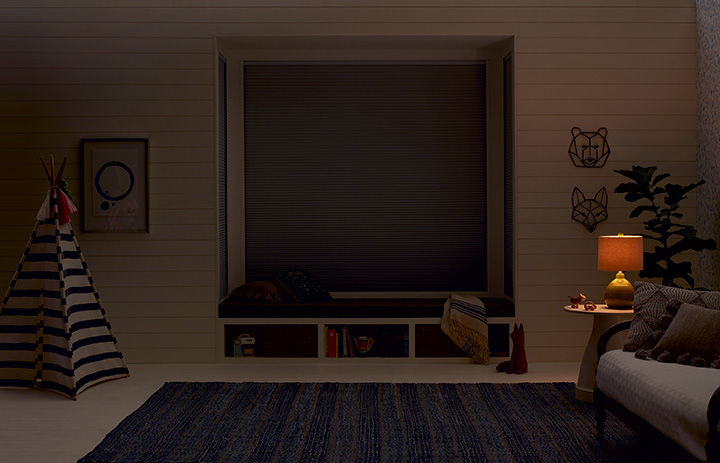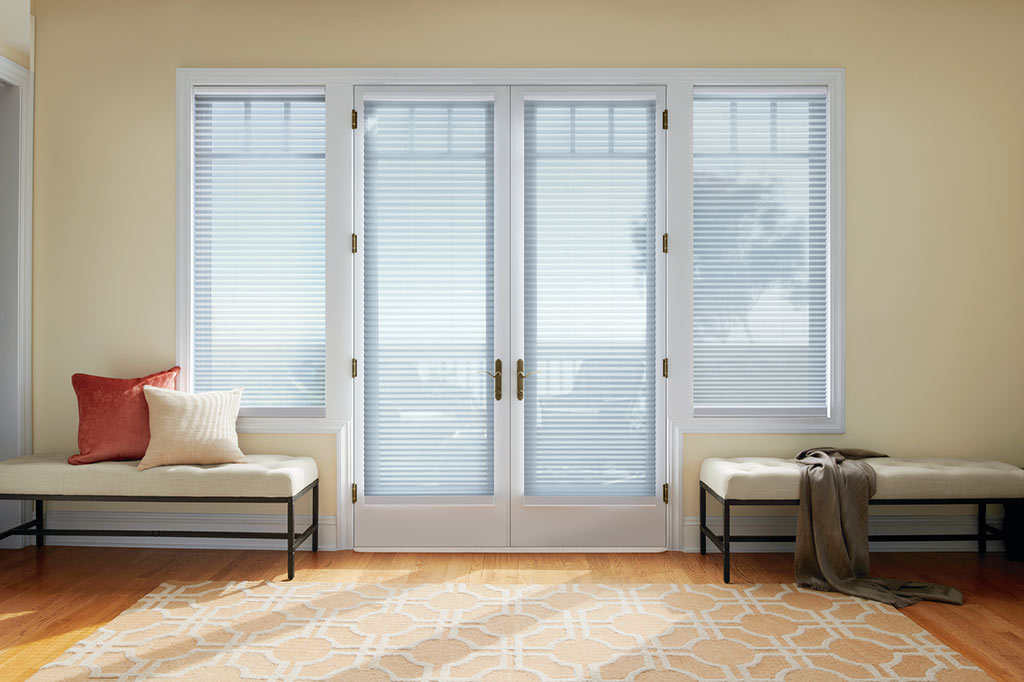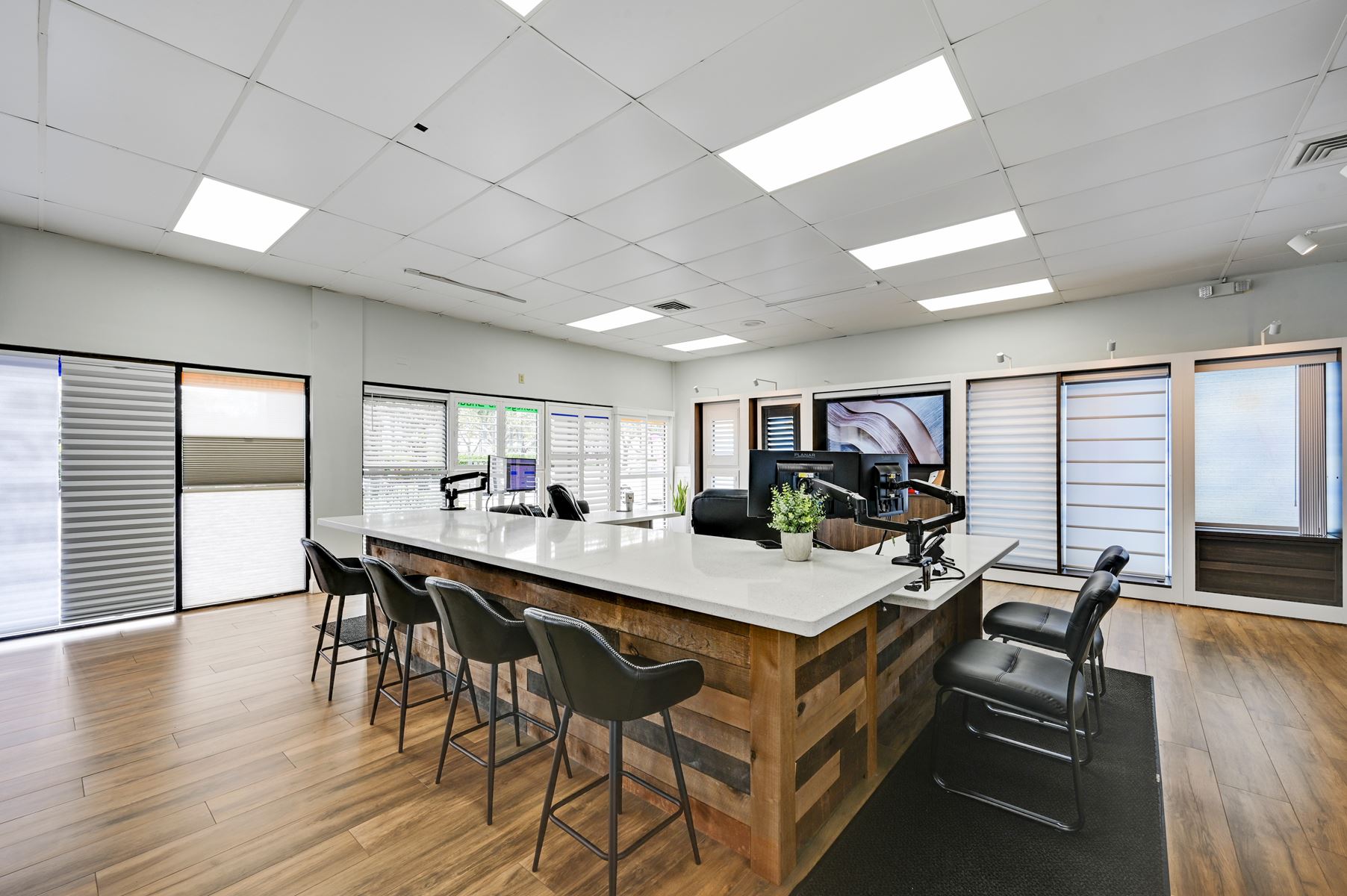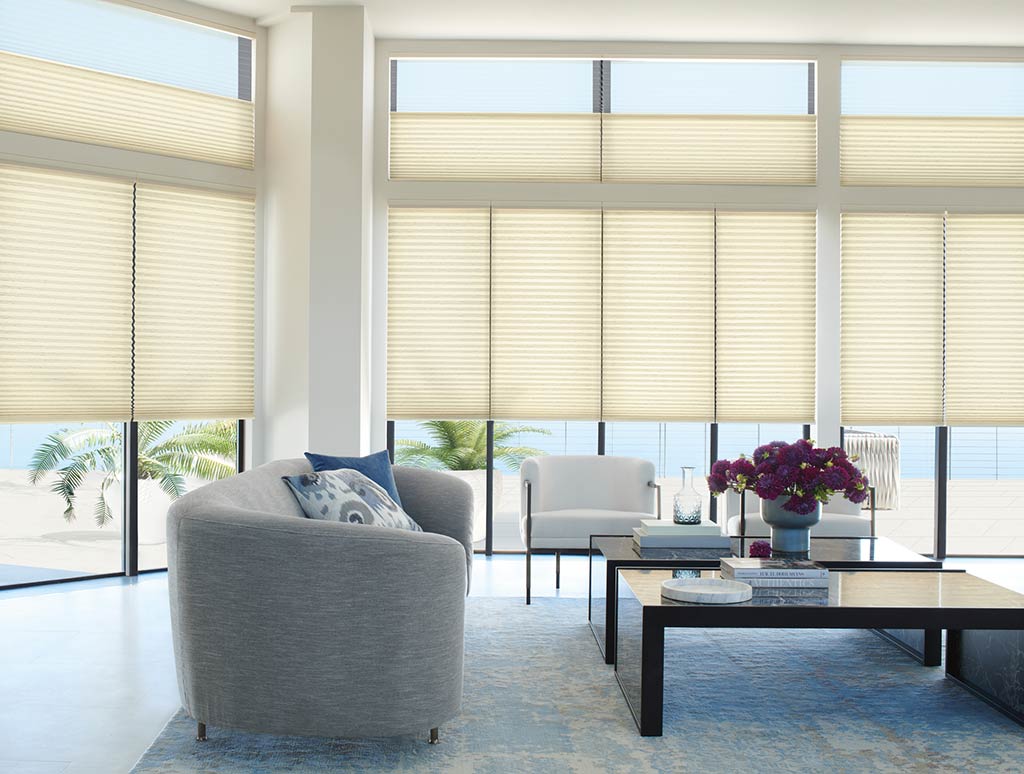Are Blackout Cellular Shades more Energy Efficient?

Any window treatment will make your window more energy efficient by protecting from direct sun exposure. But not all window treatments are created equally efficient, and cellular shades rise to the top for energy efficiency. And within the cellular family, blackout and room darkening cellular shades are the most energy efficient.
Both blackout/room darkening cellular shades, and non-blackout/light filtering cellular shades, maintain privacy. But blackout cellular shades have an additional layer of coverage that keeps light out and provides extra energy efficiency.
Cellular shades trap insulating air within the cells, between the window and the shade. This makes it the most energy efficient shade on the market, and a popular option in hot, humid climates like South Florida.
Hunter Douglas was the first manufacturer to earn a national energy performance rating for interior window covering products through AERC (Attachments Energy Rating Council). AERC rates each window covering on a scale from 0 to Max for improvement ratings, measuring both cool and warm climates.
Warm climates have a maximum rating of 50. Hunter Douglas’ most energy efficient cellular shades, the Duette Architella Calypso and Duette Architella Reception each score 48 out of 50 for their blackout cellular shades. Those same shades, in light filtering, score a 42 – still a very efficient shade in a warm weather climate, but not quite as energy efficient as the room darkening counterpart.
Tax Credits for the Most Energy Efficient Cellular Shades
Cellular shades are so energy efficient that the federal government is currently offering a federal tax credit for Hunter Douglas and Alta cellular shades. All blackout and room darkening fabrics qualify for the tax credit, and certain non-blackout fabrics also qualify. Customers receive a 30 percent tax credit up to $1,200. Visit A Shade Above Window Fashions to learn more.



